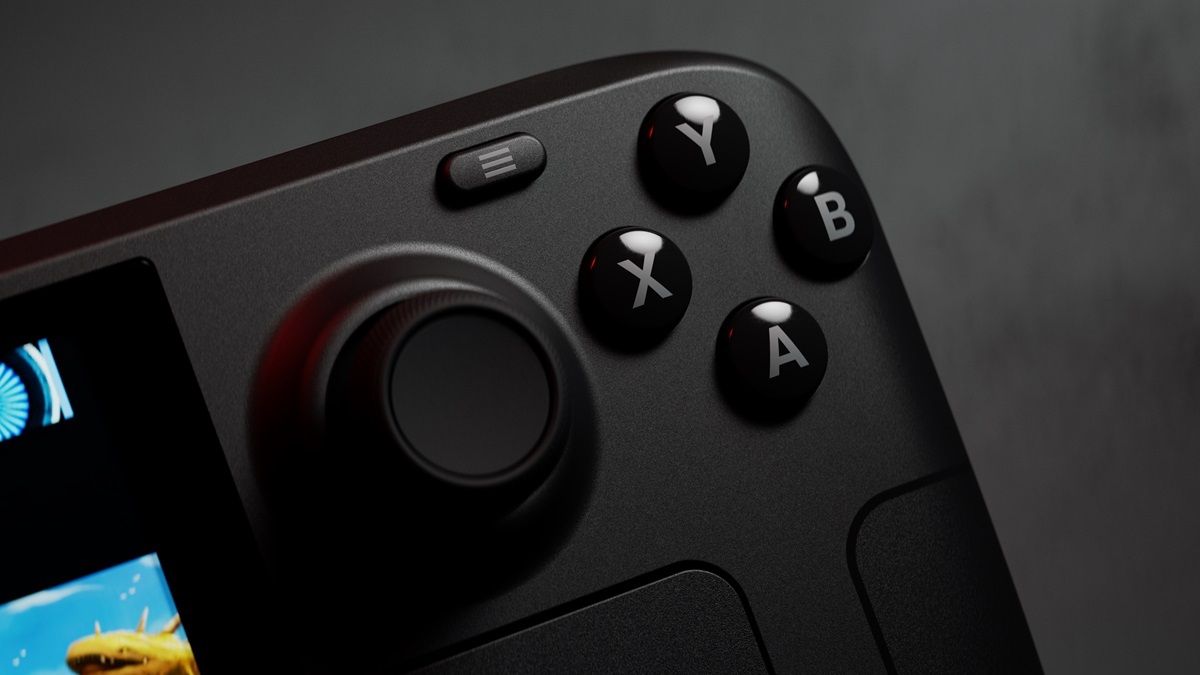With the Steam Deck OLED due to release on November 16, it’s plainly obvious what Valve’s next big hardware frontier is, but this new handheld is just a refresh. What might be coming after it? On that front, Valve suggests that the Steam Deck 2 is pretty far out.
In a recent interview with Axios, Valve’s hardware designer, Yazan Aldehayyat, said that “[Valve thinks] that a Steam Deck 2.0 is necessary. Steam Deck OLED was necessary. We feel like there’s a road map ahead of us.” Indeed, the OLED version of the device might effectively target the very same performance envelope as the baseline, but it does deliver some key wins with a bigger battery, a hugely improved display, and other quality-of-life boons. It too is just the next step in what appears to be a longer journey for the company, however.

When is Steam Deck 2 coming out?
Valve’s designer, Lawrence Yang, said “If we could have shipped [the Steam Deck OLED] originally, we would have.” He explained that Valve thinks this is the “definitive first-generation Steam Deck,” but from Yang and Aldehayyat’s comments, it’s fairly apparent that the company is already thinking well ahead. On the topic of the Steam Deck 2 or 2.0, Yang said that Valve wishes it to be a “generation increase,” which cannot be delivered at this time.
“In the next two or three years,” continued Yang, “we’re confident that something will be what we would consider appropriate for a proper Steam Deck 2 device.”
That’s the timeline, then, for those who might be waiting for a bigger jump forward in the hardware’s capabilities. As it currently stands, it’s important to highlight that both the ASUS ROG Ally and the Lenovo Legion GO are more powerful than the Steam Deck, just to name a few mainstream alternatives. As the OLED version of the Deck is roughly comparable to the baseline, it won’t outpace its competitors, though it is a fair bit cheaper in most territories, to boot.
Axios’ interview reveals that Valve has already sold “multiple millions” of Steam Decks, so it’s plainly obvious that the device itself is successful. Whether it ends up being able to hold its own by the time 2027 or 2028 comes around, however, is a wholly different matter.








